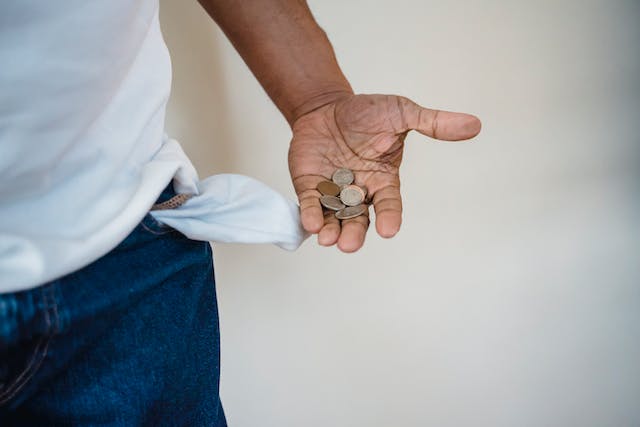Facing a DUI (Driving Under the Influence) charge can be a harrowing experience, impacting not only your freedom but also your financial stability. As the legal consequences unfold, individuals may wonder if claiming bankruptcy is a viable option to alleviate the financial burden associated with a DUI conviction. Here, we want to investigate the complex intersection of bankruptcy and DUI, shedding light on the possibilities, limitations, and considerations.
Understanding Bankruptcy Basics:
Bankruptcy is a legal process designed to provide individuals and businesses overwhelmed by debt with a fresh start. Common types of bankruptcy include Chapter 7 and Chapter 13. Chapter 7 involves the liquidation of assets to discharge debts, while Chapter 13 involves creating a repayment plan over several years.
Can DUI-related Expenses be Discharged?
It’s crucial to recognize that not all debts are dischargeable through bankruptcy. While bankruptcy can provide relief for certain financial obligations, it may not eliminate all the consequences of a DUI conviction. The DUI defense lawyers in Pennsylvania note that fines, restitution, and court-ordered fees related to criminal offenses are generally not dischargeable. Therefore, if your DUI conviction involves significant financial penalties, bankruptcy may not be a cure-all solution.
Chapter 7 vs. Chapter 13:
If you are considering bankruptcy after a DUI, it’s important to understand the differences between Chapter 7 and Chapter 13 bankruptcy.
Chapter 7:
This form of bankruptcy involves the liquidation of non-exempt assets to pay off creditors. While it can discharge certain unsecured debts, fines, and restitution related to criminal activities are typically non-dischargeable. Chapter 7 might be more suitable for individuals with minimal assets and a desire to quickly eliminate certain debts.
Chapter 13:
Unlike Chapter 7, Chapter 13 allows debtors to create a repayment plan to satisfy their debts over a specified period, usually three to five years. While fines and restitution related to a DUI conviction may still be non-dischargeable, Chapter 13 provides an avenue to manage and repay these obligations over time.
Considerations and Limitations:
Before pursuing bankruptcy after a DUI, individuals should consider the following:
Non-Dischargeable Debts: Understand that fines, restitution, and certain fees related to a DUI conviction are likely to remain non-dischargeable, regardless of the type of bankruptcy chosen.
Eligibility Criteria: Meeting eligibility criteria for Chapter 7 or Chapter 13 is essential. Income, assets, and the nature of debts play a role in determining eligibility.
Timing: Bankruptcy laws have specific timelines and waiting periods between filings. It’s crucial to be aware of these constraints and consult with legal professionals to navigate them effectively.
Legal Counsel: Given the complexity of bankruptcy and DUI laws, seeking the guidance of an experienced attorney is advisable. They can provide personalized advice based on the specific circumstances of your case.
While bankruptcy can offer a fresh financial start for individuals overwhelmed by debt, its effectiveness in addressing the financial fallout of a DUI conviction is limited. Non-dischargeable debts associated with criminal activities, such as fines and restitution, pose significant hurdles. Before pursuing bankruptcy, individuals should carefully assess their situation, seek legal counsel, and explore alternative options for managing the financial consequences of a DUI conviction.



